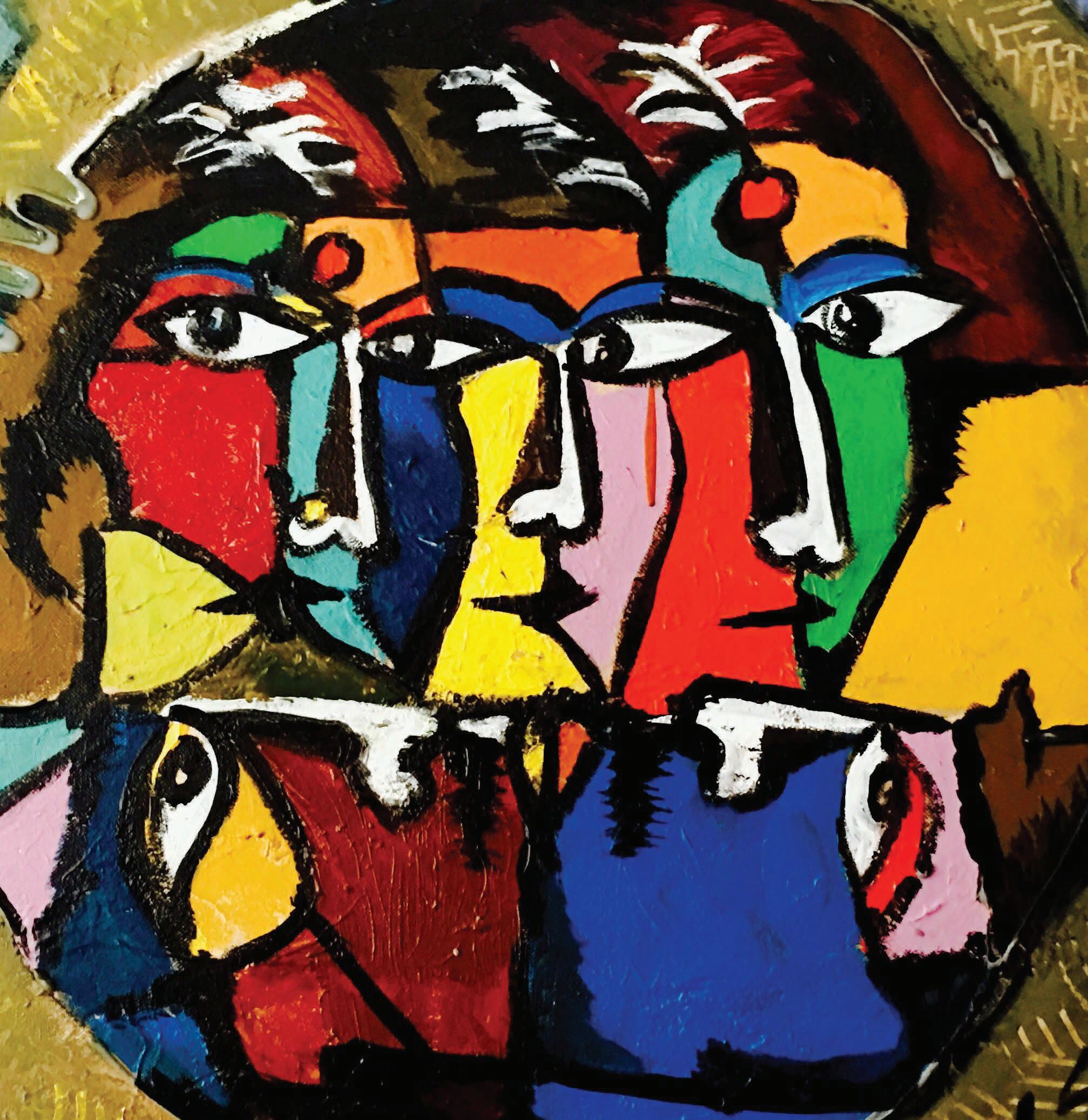ETHICS OF IDENTITY: Hume and Buddha By Keigo Shimada My aim in this essay is to introduce two arguments for the no-self theory, one by David Hume, and another from Buddhism. The idea of personal identity has fascinated philosophers; but, traditionally, they seem to be more attracted to constitutive analysis (i.e. what condition constitutes personal identity?) than evidential analysis (i.e. is there personal identity? how does it exist?). Although this essay will take a less argumentative form, I hope it serves to answer the latter kind of questioning. After explaining two types of the no-self theory, I will explicate the difference between them, including between their normative implications. Personal identity is the notion of the ‘self’ that persists through various changes. It is a highly intuitive idea: you would agree, not just grammatically but also philosophically, that you are, have been, and will be the same you. A no-self theory does not disagree with this intuitiveness. Instead, it reflectively casts doubt on the status of personal identity that we commonly assume. On the one hand, Hume’s no-self theory starts with his empiricist Copy Principle. According to Hume, all of our mental objects could be exhaustively categorised into two groups: something we feel or perceive and something we imagine or think. And he thinks that the latter kind, faint ideas, must be properly derived from the former kind, vivid impressions. Let us imagine the taste of an apple. If you had eaten an apple before and were imaginative enough, you would find no problem imagining the taste. You would also be confident with the idea of the taste you just formed. Now, what would happen if you did not follow this causal procedure? Suppose now in front of you is an exotic fruit, which you have never seen in your life. Nonetheless, you tried hard to imagine the taste (without actually eating it), and eventually came up with one. Is that a genuine taste of that fruit? Surely not. So, the idea of the taste could be genuine only if you had experienced it, and obtained the corresponding impression; conversely, an idea formed without an appropriate impression is dubious.
4










